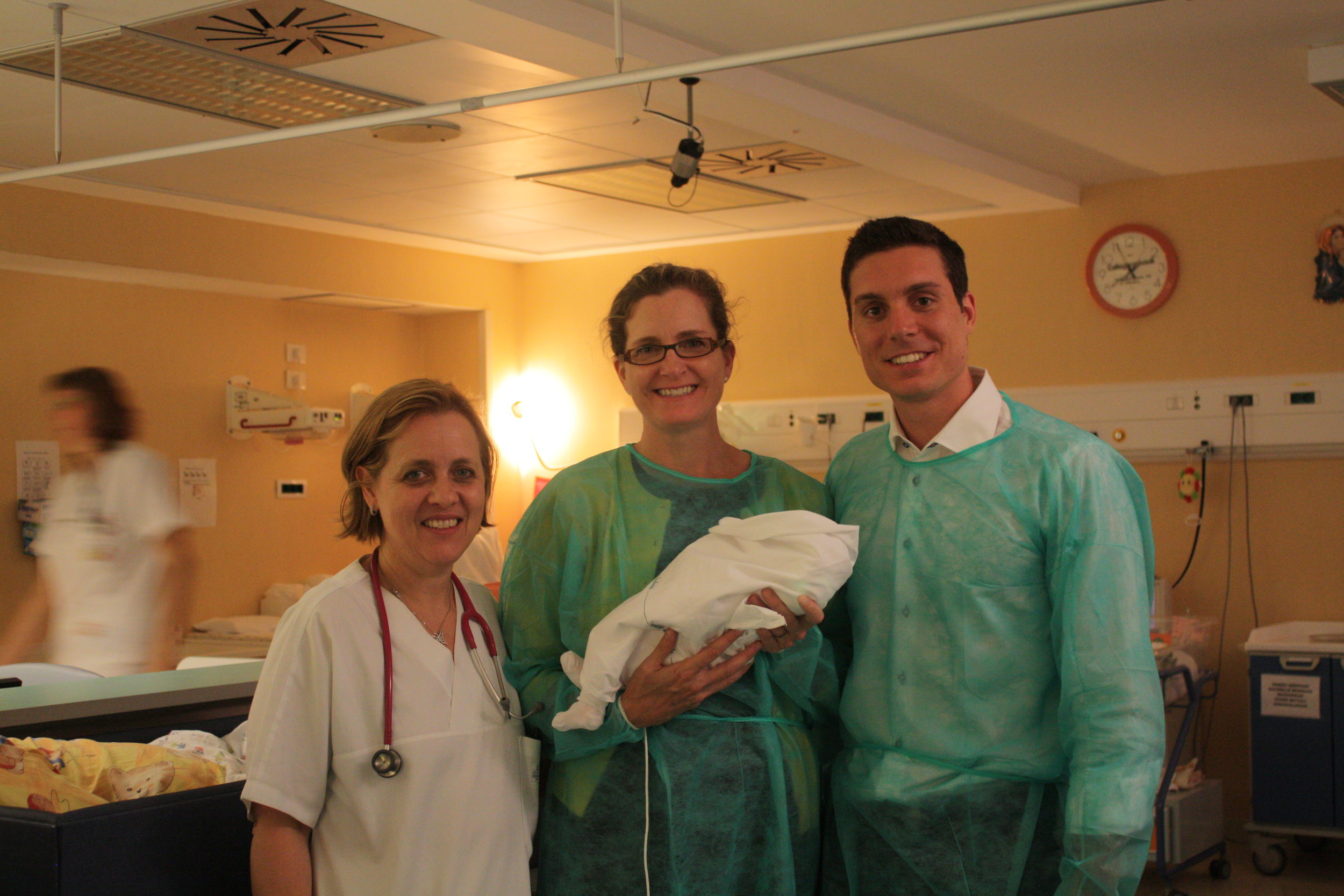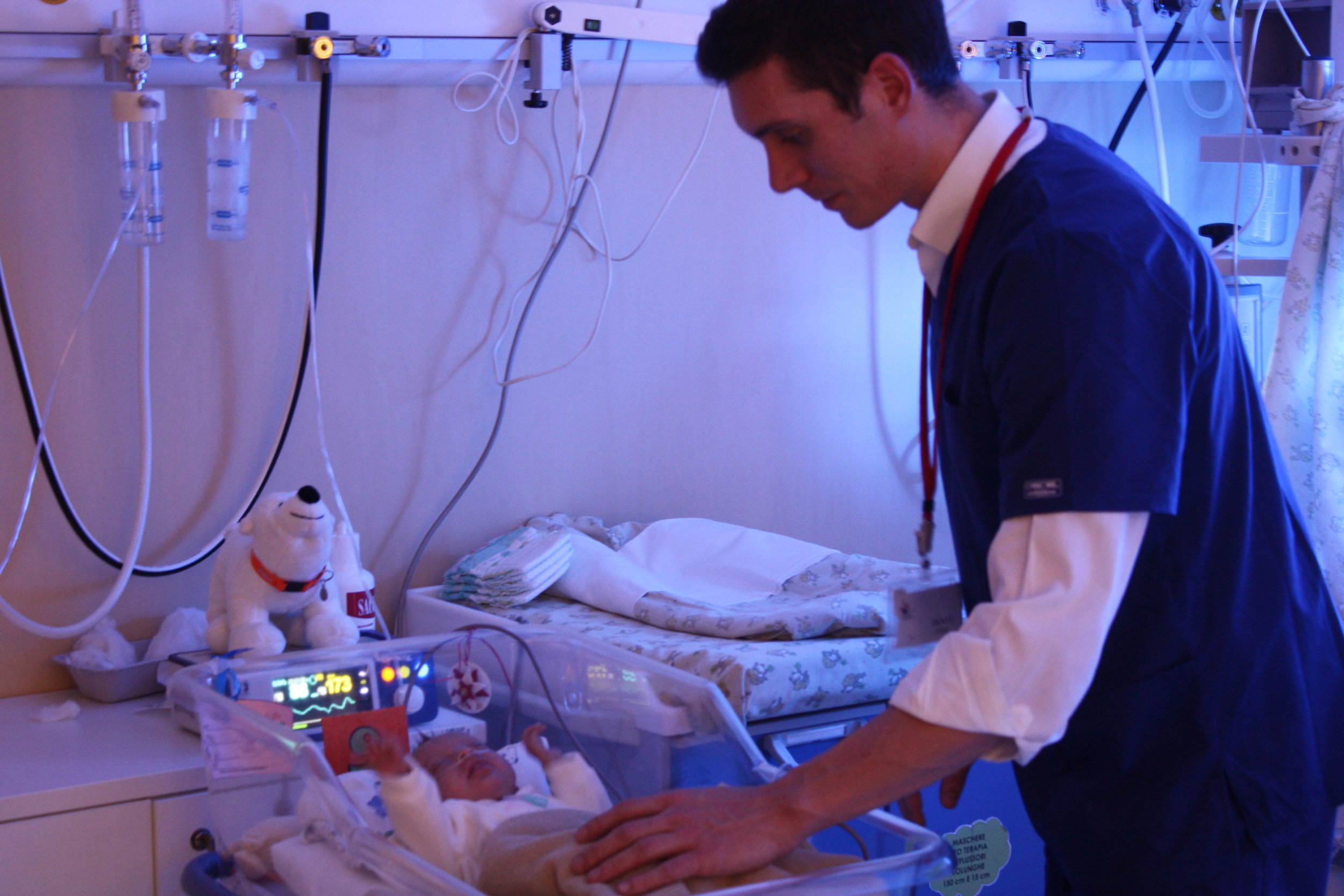
THE GENOTE BLOG
Inspiring, creating and living Health Music
Music for Emotional Self-Regulation
Impressive capability of music for promoting emotional self-regulation: an interesting study describing the results of an evaluative research about music as mood regulation modalities in adolescents.
Adolescents need effective ways to regulate mood
Engagement in music is a goal-oriented activity of the psyche, whether or not individuals are consciously aware of it. The use of music in emotional management is acknowledged in much empirical research. However, there is little research that has tried to theorize these findings and specifically identify all the different regulatory processes. Also, general theories of mood regulation have received little attention in music research.
This interesting study aims at understanding the role of music as a part of the psychological functioning of the individual. This perspective reflects the ideas of John Blacking (1973), who stressed that music must always be understood in relation to the individual and the social environment. Similarly, Sloboda and Juslin (2001) have argued that there is an urgent need in the field of music and emotion to focus on the interaction between the person, the music and the context. Considering music as a resource for satisfying personal needs in everyday life is also one of the current interests of music sociology (DeNora, 2001), and this perspective is comparable to the ‘uses and gratifications’ approach, which studies individuals as active agents who use media for their personal needs (Arnett, 1995; Arnett et al., 1995; DeNora, 2001).
It would be reasonable to presume the main goals of mood regulation are quite similar regardless of factors like age or gender. However, the model is based on the experiences of adolescents, and some regulatory strategies, such as strong mood sensations and discharge, seem to fit especially well with the strong intensity and unrest of emotional experience in adolescence. Furthermore, in general, there may be a stronger need for an additional medium for mood regulation in adolescence due to the incomplete acquisition of sophisticated regulatory strategies. The music itself, as a typical feature of adolescent life, may be an easily approachable medium especially for the young. It seems important to be cautious in generalizing the findings too far beyond Finnish adolescents.
Music proved to be a versatile means for mood regulation. It offered the adolescents resources for increasing and restoring well-being, and made their emotional life more varied and colorful. The underlying motivation for the study was to clarify one piece of the puzzle in exploring the meaning of music. The study succeeded in demonstrating the impressive capability of music for promoting emotional self-regulation. The constructed model specified the different regulatory processes and provided a useful theoretical framework for the psychological inquiry of our musical behavior.
MUSIC, TERM AND PREMATURE BABIES
The beginning of life is often a very stressful experience, even for otherwise healthy babies. Prior to birth, all the infant knows is the warm, safe, and quiet surroundings of being in the womb. The beginning of life brings cold, danger, and noise. All of the noise, particularly the hospital environment, can be detrimental to the newborn receiving the sleep it needs.
Specifically referring to studies conducted in Neonatal Intensive Care Units, we know the importance of sound.
Ås reported by Rich Haridy in New Atlas, on May 29th, 2019, an important study at the University of Geneva, shows that music can help build the brains of premature babies.
At Genote, Health Music is a valuable resource for reducing stress and increasing stability in newborn children. The existing research did not make clear what types of music would be best for this purpose.
Sixteen newborns were exposed to the Genote Sleep Music Protocol for thirty minutes twice per day. Their heart rate, blood oxygenation, pain scale, and behavioral states were measured within a half hour of exposure to the music.
The majority of the newborns showed improvement in their capacity to self-soothe and transition to a more relaxed state. Their sleeping patterns also improved. The positive impact of structured music listening on healthy newborns indicates the need for further study on the impact structured music could have on sick newborns.
Hear some of the new music used at the University of Geneva
See the video from Venice NICU
The Smiling Assassin
World records are the result of unique performance, but more, they are the result of carefully dedicated life training.
At a massive invite-only track and field even called the Weltklasse Zürich in 1995, Haile Gebrselassie’s amazing performance broke the 5,000m race world record. Gebrselassie blazed across the finish line in 12 minutes and 44 seconds, maintaining a slightly over four-minute mile pace for more than three consecutive miles. When asked how he did it, the Ethiopian athlete gave all the credit to the catchy hit song “The Scatman.”
“It’s nice music, it’s fast written, that’s why I could break a world record, by that music.”
World records are the result of unique performance, but more, they are the result of carefully dedicated life training. Over 20 years ago music helped “The Smiling Assassin,” Haile Gebrselassie, rewrite the record books. He attributed this accomplishment to the tempo of the music. The Genote™ Company finds inspiration from incredible stories like this one, and our organization is committed to studying music’s complex power in accelerating the healing process and amplifying athletic performance and recovery. Gebrselassie demonstrated music’s ability to improve athletic performance, but he may not have realized the extensive role music took in his training and recovery. Indeed the fundamental assumption increase athletic performance is strictly linked to the balance given between work and recovery. The find of new non-invasive methodologies to improve the balance between these two areas of training is the goal of Genote™ research.
The fast tempo was the single musical element Gebrselassie recognized when crediting music with his victory. He later admitted that for longer distance races he replaces “The Scatman” so he can focus on other aspects of his running. Recent studies indicate that there could be essential musical components that affect different elements of athletic performance.
Genote™ collaborates with high level, international athletes in the areas of running, swimming, and cycling; research has found music to aid in recovery, sleep and health. By marrying music to other therapies or training programs, overall well being will be enhanced both in medical institutions, the home and even the competitive world.
Learn more about how music can improve your life at http://www.genotelab.com/.
Music for Depression
"6 months have passed by and the program has progressed past it’s first stages; For me, and now many others, every week I spend in Genote has been more than beneficial." - Sam
Since 2003, Genote has been focused on developing Health Music protocols for the mental health arena. Initially, we wanted a chance to assist the therapeutic process by creating a mentorship-like relationship between a music experience and a patient. After 2012, Genote identified a few pivotal, working elements in the therapeutic cycle: problems such as insomnia, depression, anxiety, and lack of concentration, rigid thinking and distress tolerance. These mental health issues are now considered crucial in building healthy lifestyles, and professionals seek to offer appropriate developmental tools to people of all ages.
It is rewarding is to see how Health Music protocols are being applied for adolescents at risk, in dire conditions and even desperate stages of their lives.
Based on the Music Education Therapy method (MET), through Genote technology, we created a Music Mentorship Program to support and increase therapeutic objectives, educational experiences and health targets. We combined Genote Health Music (for Sleep, Anxiety, Focus, Rigid Thinking and Distress Tolerance) with group sessions called “Sundown”. The Music Mentorship program helps young people in clinical environments and diverse clinical settings while they struggle with different aspects of mental health.
Clinical settings, even lock-down facilities, require a tailored, differentiated implementation according to each institution’s specific goals, environment and workload.
Genote has been successfully applied and evaluated in NICUs, professional sport teams, wellness programs, and alzheimer treatment clinics. We’d like to take this opportunity to share some first hand accounts of how individuals have found personal benefits through Genote Health Music.
We feel fortunate to get the chance to help youth in Residential Treatment Centers. One of your partner organizations, Elevations RTC, has implemented a variety of Genote programs and tackled different psychological and mental health issues. While working with their resident therapists and psychologists to equip students with personalized access to the Genote Library, students and staff participate in individual sessions, group sessions and other initiatives. More and more students are using the program as they witness positive experiences from their peers. The students decide to sign up, experience Genote, and move forward all on their own initiative.
Here is one student’s description of his experience.
“The Genote Project that I have experienced began as a trial project with 5 other kids in the back of a library listening to and discussing classical music. Since then, 6 months have passed by and the program has progressed past it’s first stages; For me, and now many others, every week I spend in Genote has been more than beneficial. The relationship we have developed with the Genote Team has become therapeutic and deep. The trust that has been the foundation of their work has allowed the bond we have created to flourish. The wisdom they share and the time they have spent has not only improved our knowledge and understanding of music, but our knowledge and understanding of healthy living. I’m thankful for what they have done and excited to see where their program goes.”
Thinking Aloud with Classical89
When Classical89 asked if they could feature us in their show, Thinking Aloud, we were excited and a little hesitant because, frankly, being interviewed on the radio can be really scary.
Fortunately, between the three of us, we could help each other out. We think the program turned out pretty well. Give it a listen!
When Classical89 asked if they could feature us in their show, Thinking Aloud, we were excited and a little hesitant because, frankly, being interviewed on the radio can be really scary.
Fortunately, between the three of us, we could help each other out. We think the program turned out pretty well. Give it a listen.
We were particularly delighted by our experience with Marcus Smith, the host of Thinking Aloud, because he grasped on to what we were trying to communicate very quickly. We could tell he lived for music, and was a strong believer in the power it might have on our lives.
When we talk to people about the Genote™ method, including our research studies, there is always a distinguishing moment recognizable on their faces when things start to click. It is one of the best parts of spreading the news: watching people’s cautious optimism about music’s effect on the mind and body be solidified into something a little more concrete. Usually when a person realizes the gravity of what we are saying, the eyes expand ever so slightly and the mouth opens just a little wider. For us, seeing the Genote™ moment happen to others is so resonant because it reminds us of how the project started in the first place.
Most of all, we were grateful to Marcus because he understood our big picture message: Genote™ music is a scientific, research-validated, quantified approach to music and medicine.
After the interview, we stayed for quite some time chatting off the air, talking about important music moments in each of our lives. He even showed us the impressive Classical89 library, an experience we won’t soon forget.
If you haven’t had a chance to check out Thinking Aloud, go over to their website and give the show a listen. It is definitely worth the time.
To learn more about our science, method and music, visit http://www.genotelab.com

















